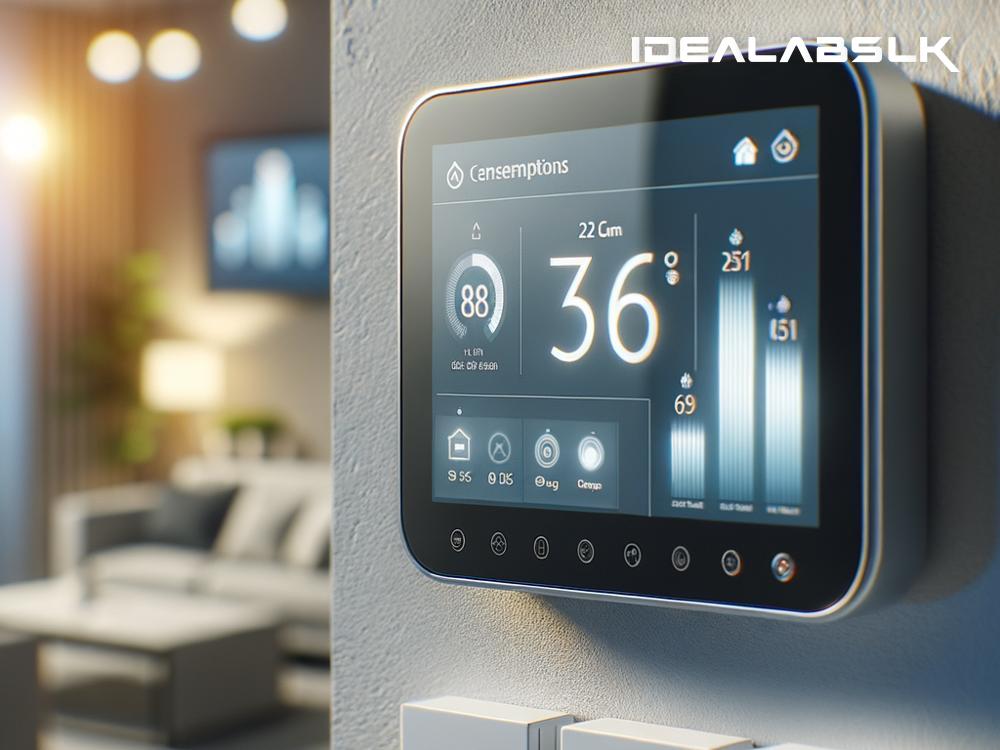Title: How Edge Devices Make Data Processing Speedy by Handling It Locally
In our rapidly evolving digital world, where every second counts, edge devices are becoming increasingly crucial in processing data quickly by handling it locally. Now, you might wonder what edge devices are. Simply put, these are smart gadgets like smartphones, tablets, and IoT (Internet of Things) devices such as smart watches, sensors, and cameras that collect and analyze data right where it happens, at the edge of the network, instead of sending it all the way to the cloud or a central data center.
Imagine you’re playing a video game on your phone, and every time you make a move, your phone has to send information to a far-off server, wait for the server to process this move, and then send the information back to your phone. It might take only a few seconds, but in the gaming world, those seconds can be the difference between winning and losing. Edge devices solve this problem by doing much of the processing work themselves, speeding things up considerably.
Why Process Data Locally?
1. Speed: The most significant advantage is speed. By processing data locally, edge devices eliminate the need to send data back and forth to distant servers or clouds. This reduces the delay, known as latency, making devices quicker and more responsive.
2. Bandwidth Savings: Sending large amounts of data to the cloud and back can consume a lot of bandwidth. By handling data locally, edge devices reduce the amount of data that needs to be transmitted, easing network congestion and saving bandwidth.
3. Improved Security: Every time data leaves a device to be sent over the network, there's a risk of interception or hacking. Local processing means sensitive information doesn’t have to travel over the network as much, improving data security.
4. Functioning in Remote Locations: Some places might have poor or no internet connection at all. Edge devices can function independently of network connectivity, making them ideal for remote or difficult-to-reach locations.
How Do Edge Devices Handle Data Locally?
Now, let's dive into the how. How do these edge devices process data locally for faster processing? The secret lies in their design and the innovative technologies they’re equipped with.
1. Specialized Hardware: Many edge devices come with specialized hardware designed for specific tasks like image or voice recognition. This hardware is optimized to process these tasks quickly and efficiently, using less power than sending data to the cloud for processing.
2. Edge Computing: This is a technology paradigm that brings computation and data storage closer to the location where it’s needed. It supports real-time data processing without latency. Edge computing allows these devices to analyze and take action on data within milliseconds.
3. Artificial Intelligence (AI) and Machine Learning (ML): Many edge devices are now equipped with AI and ML capabilities. This means they can learn from the data they process, making them smarter over time. For example, a smart security camera can learn to differentiate between a car, a human, and an animal, reducing false alarms.
4. Efficient Software: Alongside the hardware, edge devices run on efficient software algorithms that are designed to process data locally in the most effective way. These algorithms are constantly being improved to handle data more quickly and accurately.
Real-Life Applications
The benefits of edge devices handling data locally can be seen in many real-life applications, from everyday conveniences to critical services. Some examples include:
- Smart Homes: Devices like smart thermostats learn your preferences and adjust settings locally, offering comfort while saving energy.
- Autonomous Vehicles: By processing data locally, self-driving cars can make immediate decisions on the road without waiting for instructions from a distant server.
- Healthcare Monitoring: Wearable devices monitor health metrics in real-time, providing immediate alerts if something abnormal is detected, potentially saving lives.
Conclusion
In essence, by processing data locally, edge devices offer a multitude of benefits, from speedy responses to increased security. As technology continues to evolve, the capabilities of these devices will only grow, making our interaction with the digital world smoother and more efficient. Whether it's in gaming, healthcare, or smart homes, the impact of edge devices is profound and is set to shape the future of how we interact with technology. In a world where time is of the essence, edge devices ensure that we’re not wasting a single second.

